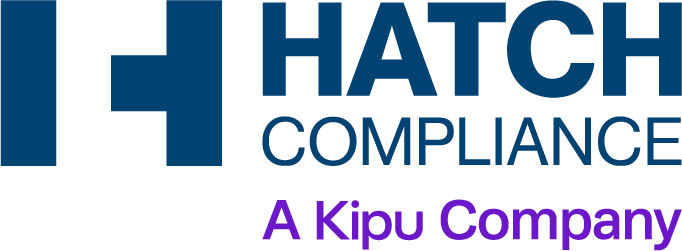As the landscape of behavioral healthcare continues to evolve, staying on top of regulatory updates is paramount for practitioners and organizations alike. With regulations constantly changing, it’s crucial to adopt best practices to ensure compliance while delivering quality care. Here are some key strategies to navigate these updates effectively:
- Regular Training and Education: Continuous education is vital to keep healthcare professionals updated on the latest regulatory changes. Training sessions and workshops can provide insights into new laws, policies, and procedures, enabling staff to adapt their practices accordingly.
- Robust Documentation Practices: Accurate and thorough documentation is essential for compliance in behavioral healthcare. Implementing standardized documentation procedures ensures that all necessary information is recorded appropriately, reducing the risk of non-compliance.
- Comprehensive Compliance Audits: Conducting regular compliance audits helps identify areas of improvement and ensures adherence to regulatory standards. These audits can uncover any potential compliance issues early on, allowing organizations to take corrective action promptly.
- Utilization of Technology: Leveraging technology solutions such as electronic health records (EHRs) can streamline compliance processes and improve efficiency. EHR systems offer features like automated alerts and built-in compliance checks, facilitating adherence to regulatory requirements.
- Engagement with Regulatory Bodies: Establishing communication channels with regulatory bodies fosters a better understanding of compliance expectations. By actively engaging with these entities, healthcare organizations can seek clarification on regulations and stay informed about upcoming changes.
In summary, navigating regulatory updates in behavioral healthcare requires a proactive approach and a commitment to compliance. By prioritizing education, documentation, audits, technology, and engagement with regulatory bodies, practitioners and organizations can ensure they remain compliant while delivering high-quality care to patients.
For further assistance or information on navigating regulatory compliance in behavioral healthcare, don’t hesitate to reach out to Hatch Compliance, the compliance experts who can provide tailored guidance and support to meet your organization’s needs.
www.HatchCompliance.com // Info@Hatchcompliance.com













